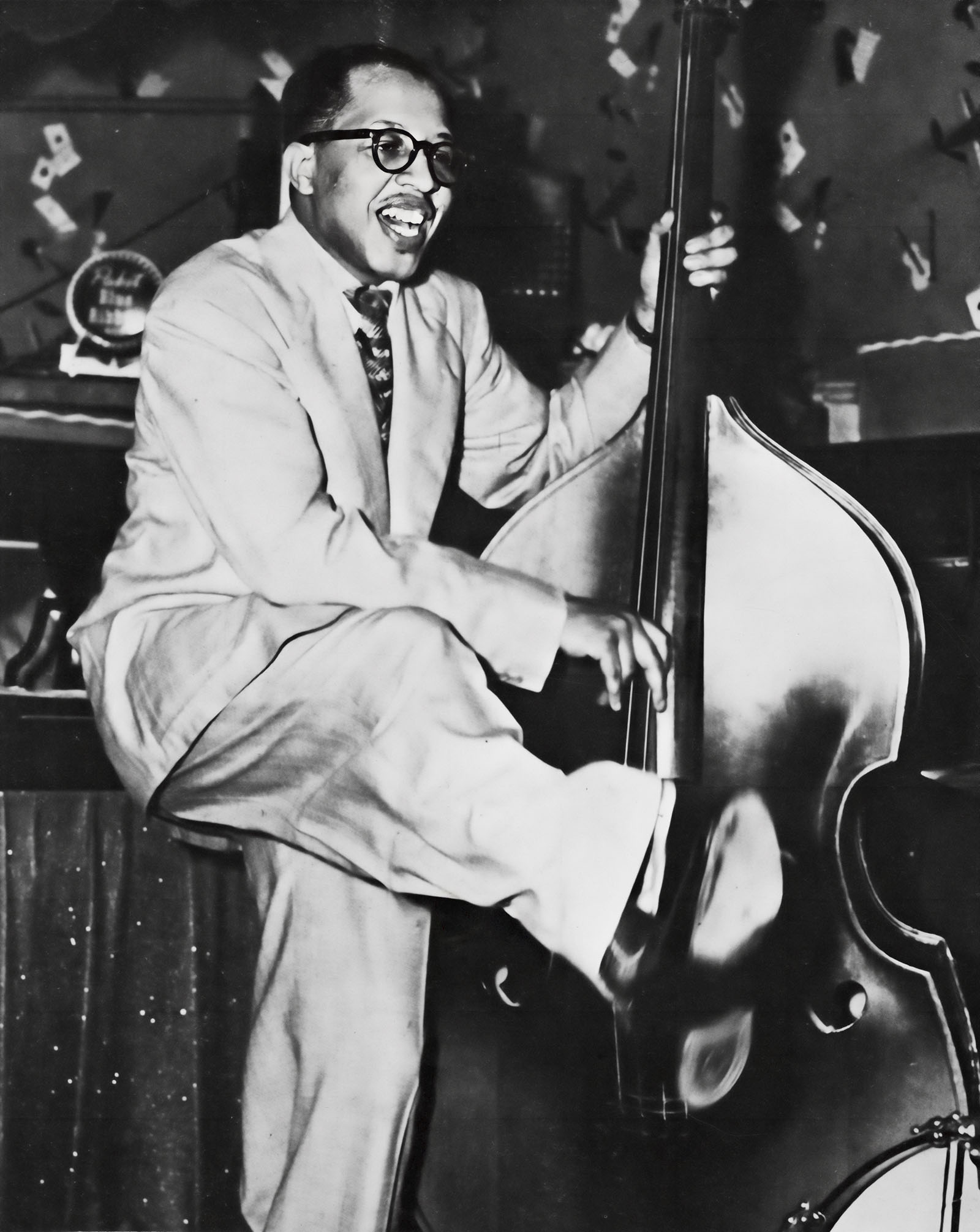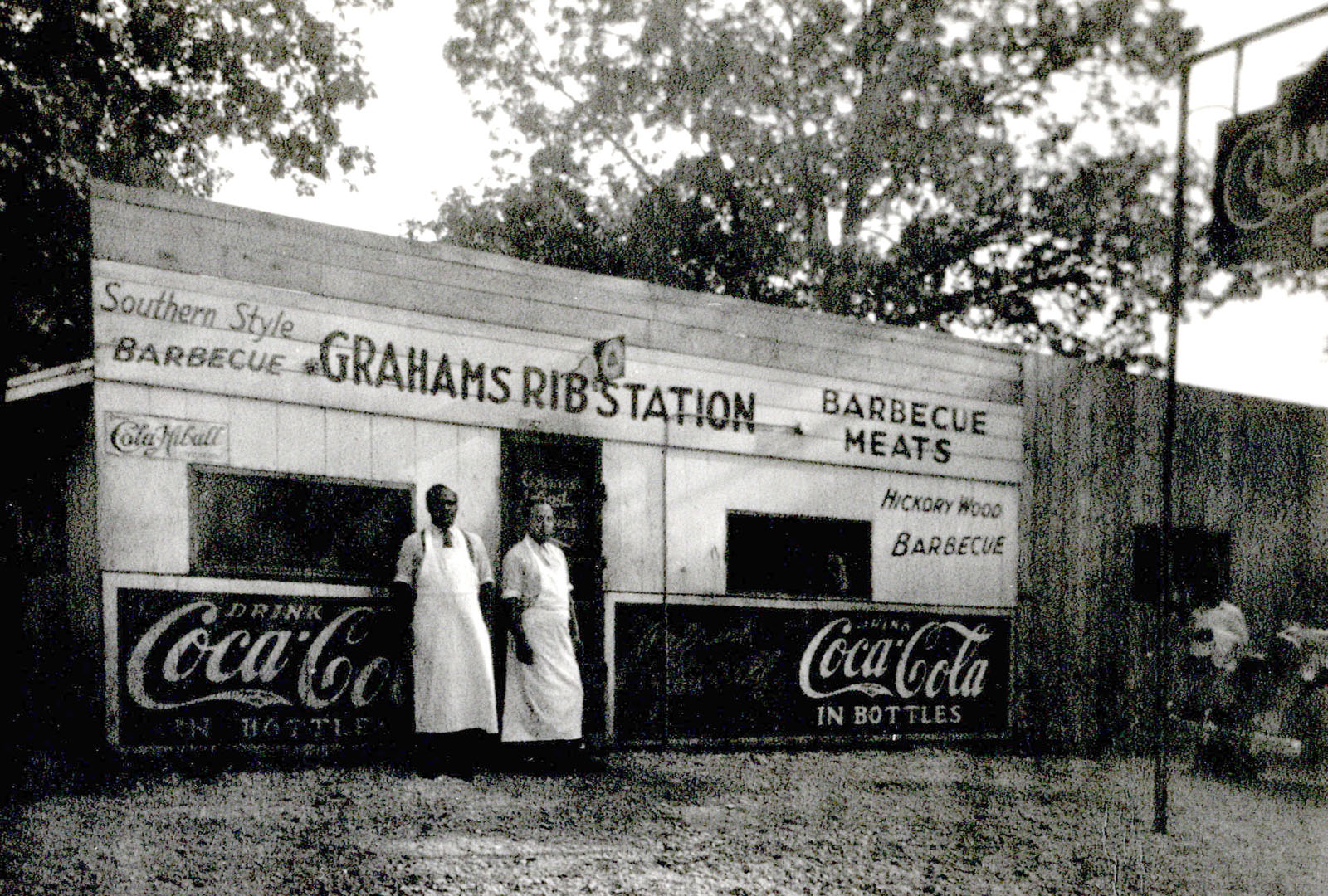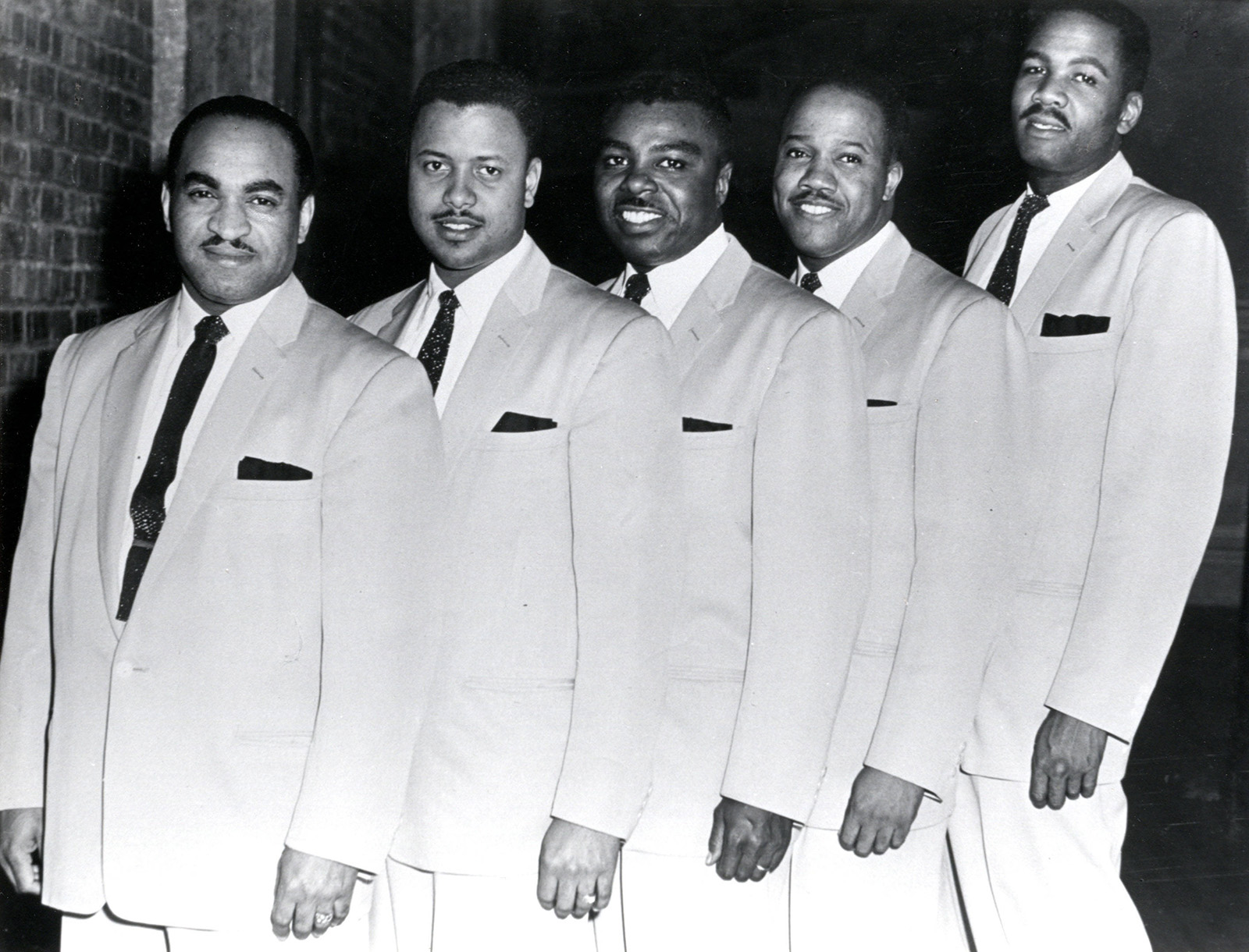“Generations: African American Experiences in Springfield and the Ozarks,” a new documentary spotlighting the history and experiences of Springfield’s African American community, will premiere downtown this weekend.
The new Ozarks Public Television (OPT) documentary screening will take place from 2-6 p.m. on Saturday, June 3, at Historic Fox Theatre. The program includes a self-guided museum tour, panel discussion and reception. While the screening is open to the public, museum tour registration is now closed.
The documentary will shine a light on the “unique experiences, challenges, tragedies and successes of Black Americans” in Springfield and the Ozarks. It will feature aspects of Springfield’s rich history that “are often overlooked,” including African Americans’ contributions to the 1800s settlement and growth of Springfield, according to OPT.
Documentary producer Dax Bedell said Black history was always a topic he wanted to dig into as a Springfield native. He said the film title, “Generations,” was inspired by the handful of African American families whose Springfield roots go back five or six generations. They were fundamental to the city’s development, he said.

Bedell’s interest in telling Black stories first came about when he began looking into the research of Katherine Lederer, particularly her 1986 book, “Many Thousand Gone: Springfield’s Lost Black History.” Despite growing up in Springfield, Bedell had never heard about any of the stories told in the book before.
“I felt that it would be really important to tell the story and really highlight a lot of the significant accomplishments of the African American community in Southwest Missouri,” Bedell said.
Some of the featured stories in the documentary include that of George Crittenden, a Union army veteran from the Civil War, as well as a host of music legends like Dallas Bartley, whose contributions to jazz swept the nation.
Better knowledge of Black history
H. Wes Pratt, the documentary’s narrator and a community engagement advisor at Missouri State University, grew up in Springfield and spoke to the importance of educating Springfield residents on Black history. While Pratt knew he was part of the Black community growing up, he was not taught about Springfield’s Black history until much later in life, he said. He only had one Black teacher throughout his entire time at Springfield Public Schools, John B. Hughes.
As a child, Pratt didn’t know that his Sunday school teachers lived through segregation, or that a daycare center, Kiddie Cove, was established through the leadership of Black women like Mary Jane McPherson.
“I lived on the same street that they lived on, but I didn’t know their story,” Pratt said. “I didn’t know their history and their commitment to our community.”
Through narrating the documentary and being immersed in Black history, Pratt found himself reflecting on what he knew.
“I had moments where I would simply reflect upon the narratives, stories,” Pratt said. “I could recall, even — people I knew when I was a boy, but I didn't know their story. I didn't know their journey. And it made (narrating) much more of a powerful experience for me.”
An important conversation at an important time

Pratt said “most folks have no idea about the history” of the Black community in the Springfield area. Looking forward to the panel discussion, where he will be a participant, Pratt said he thinks it will be a good discussion to have, especially given the 2023 political climate.
“I think it'll sort of be an interesting conversation that folks will be having about the importance of history, understanding history, particularly in the region where you grew up in,” Pratt said. “In these particular points in time, there's been an anti-DEI mentality and defensiveness and polarization that's going on. I think it's always critical to understand one's history, one's background, and the history of a community.”
Bedell hopes the audience will walk away from the documentary having learned something they didn’t know before. He also hopes, “that people try to look at our history without sugarcoating it.”
“My hope is that it will foster awareness and empathy towards others in our community,” he said.
The broadcast premiere of “Generations: African American Experiences in Springfield and the Ozarks” is Thursday, June 15. It will also be available for streaming on Monday, June 19, to commemorate the Juneteenth holiday.



